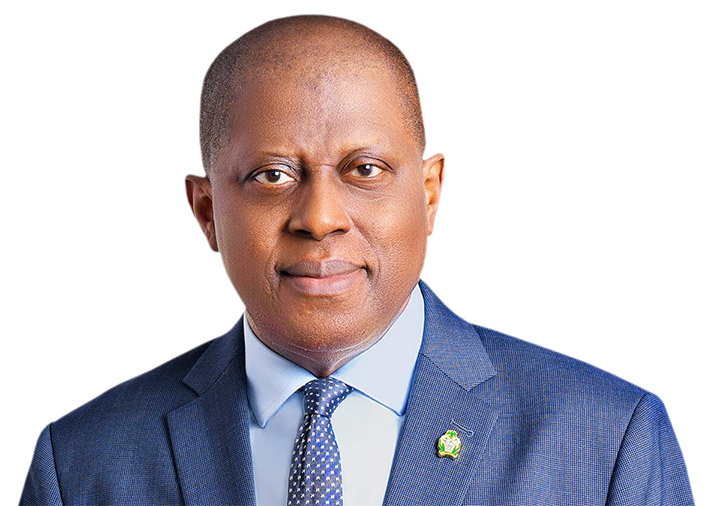The World Bank has reported that the Nigerian naira ranks among the worst-performing currencies in sub-Saharan Africa in 2024.
In its latest regional economic outlook, Africa’s Pulse, the global lender revealed that the naira has depreciated by approximately 43 per cent year-to-date as of August 2024, driven by forex market challenges and policy constraints.
According to the report, the naira’s decline is attributed to limited dollar inflows and delays in foreign exchange (FX) disbursements by the Central Bank of Nigeria (CBN) to Bureau De Change (BDC) operators. This has weakened the currency further, triggering ripple effects across the economy.
The World Bank added that the surge in dollar demand from financial institutions, non-financial businesses, and money managers worsened the pressure on the naira.
“By August 2024, the Ethiopian birr, Nigerian naira, and South Sudanese pound were among the worst performers in the region,” the report stated.
“The Nigerian naira continued losing value, with a year-to-date depreciation of about 43 per cent as of end-August.”
The report emphasised that limited FX inflows and sluggish disbursements by the CBN, coupled with growing demand for dollars in the parallel market, were the primary reasons for the naira’s persistent decline.
The depreciation of the naira has also driven higher domestic prices, particularly for imported goods, compounding the challenges faced by Nigerian consumers.
As of October 15, 2024, the naira closed at ₦1,658/$ in the official FX window, according to FMDQ Exchange. The decline reflects the continued instability of the currency despite ongoing efforts to stabilise the forex market.
The World Bank also reported that some other African currencies, such as the Kenyan shilling and South African rand, performed better in 2024.
“The Kenyan shilling is the best-performing currency in sub-Saharan Africa this year, appreciating by 21 per cent year-to-date as of the end of August,” the report noted.
“Similarly, the South African rand and currencies pegged to it have strengthened by 3.1 per cent so far this year after depreciating last year.”
Despite these recoveries, the World Bank warned that foreign exchange shortages and exchange rate pressures remain a significant concern across the continent.
The report offered a cautious outlook for Nigeria’s economy, projecting GDP growth of 3.3 per cent in 2024, with an increase to 3.6 per cent by 2025 and 2026, as fiscal and macroeconomic reforms gradually take effect.
The World Bank noted that inflation, which peaked at 34.2 per cent year-on-year in June 2024, has since slowed to 33.4 per cent in July and further to 32.2 per cent in August, showing early signs of moderation. The removal of the subsidy on premium motor spirit (PMS), commonly known as petrol, in mid-2023, however, caused a significant surge in inflation, raising the cost of living for Nigerians.
The World Bank also downgraded sub-Saharan Africa’s growth forecast for 2024 from 3.4 per cent to 3 per cent, citing the impact of civil war in Sudan as a major drag on the region’s economy. The conflict has devastated Sudan’s economy, destroyed infrastructure, and intensified food insecurity, leading to widespread displacement.
However, excluding Sudan, the region’s growth is expected to reach 3.5 per cent in 2024, driven primarily by increased private consumption and investment. The World Bank noted that as inflation eases, the purchasing power of households will improve, supporting a modest recovery in consumption.
“Private consumption is set to increase in 2024 as declining inflation raises the purchasing power of African households,” the report said.
Andrew Dabalen, Chief Economist for the Africa region at the World Bank, stressed the need for higher investment levels to ensure sustainable economic recovery and poverty reduction.
“The region needs much larger levels of investments to recover faster and reduce poverty,” Dabalen said.
While the growth outlook for 2025 has been raised slightly to 3.9 per cent, the Bank warned that the recovery remains insufficient to restore pre-pandemic income levels or significantly reduce poverty across the continent.
The World Bank’s report underscores the urgent need for economic reforms and investment to mitigate the ongoing challenges and drive long-term stability in Nigeria and other African economies.





